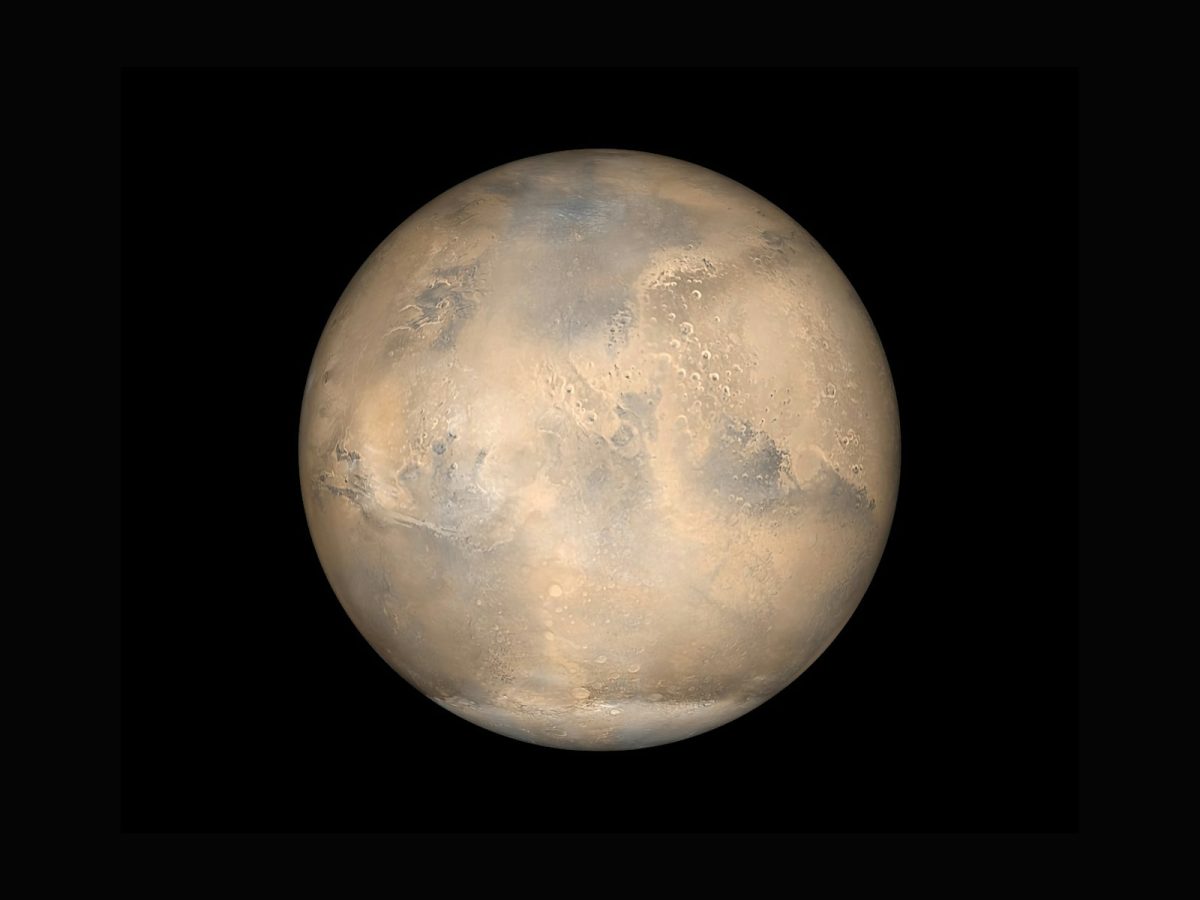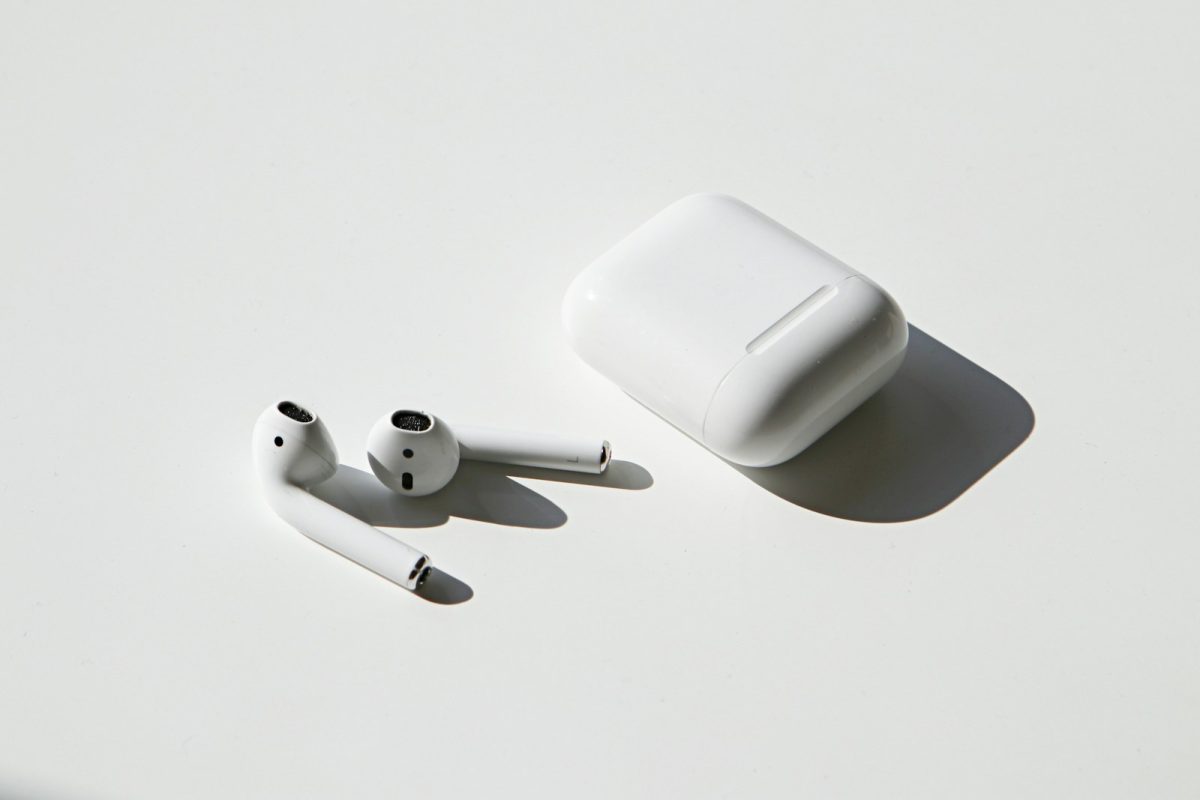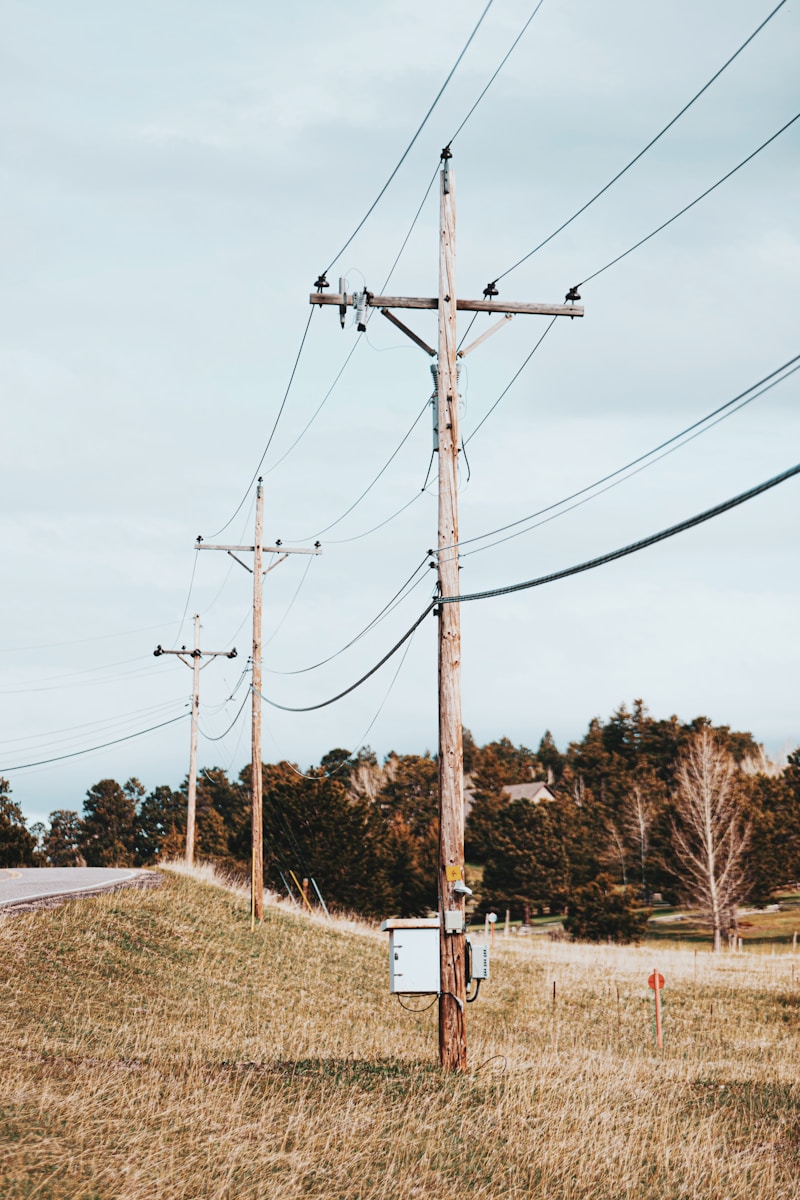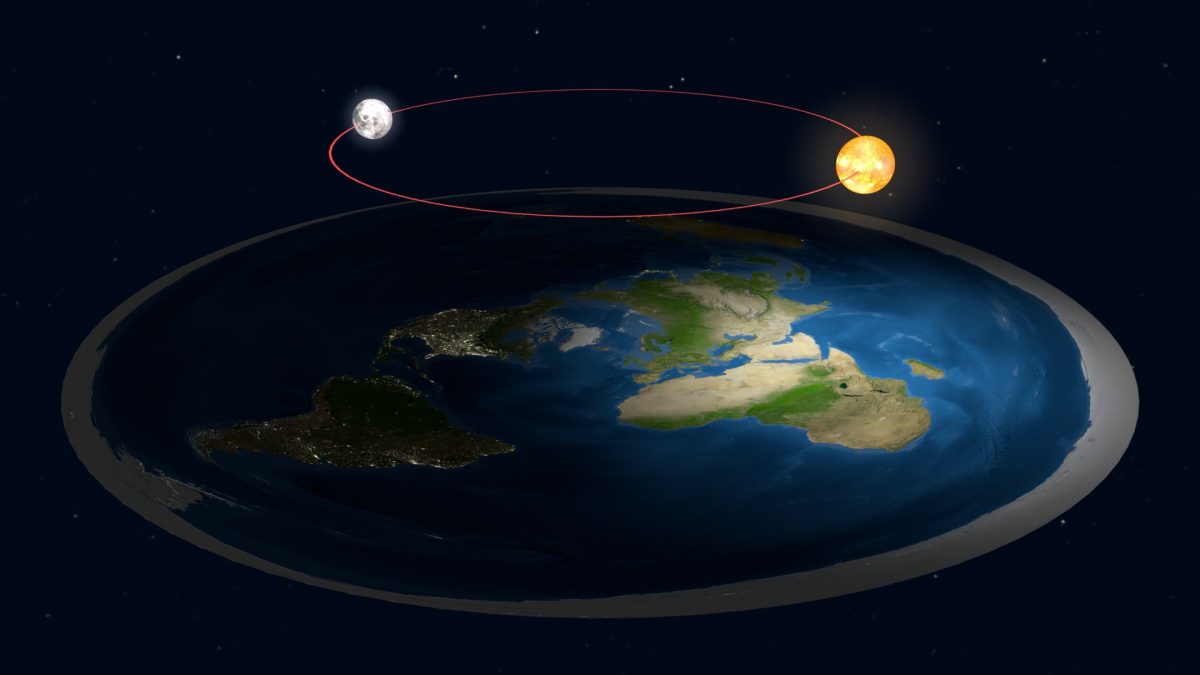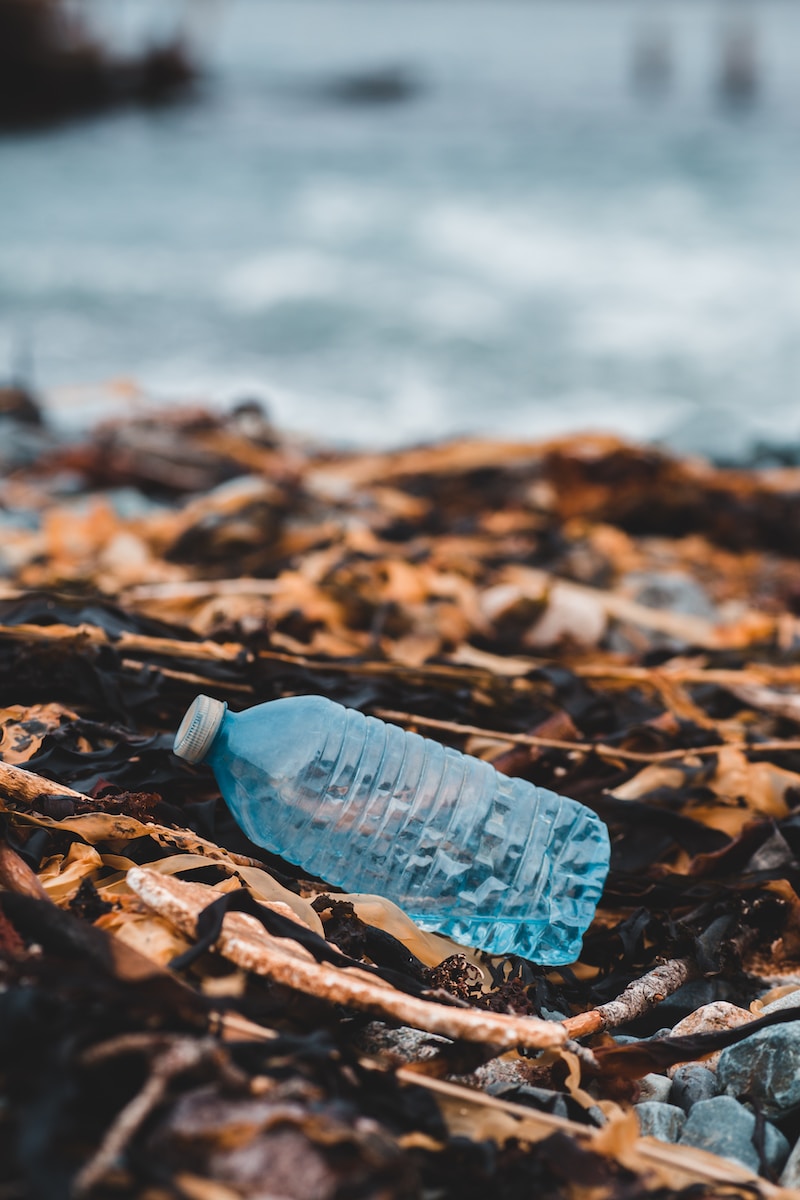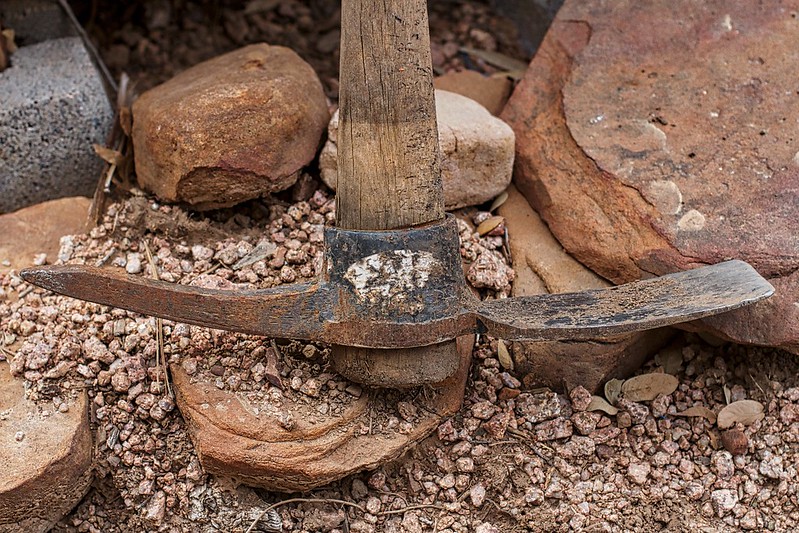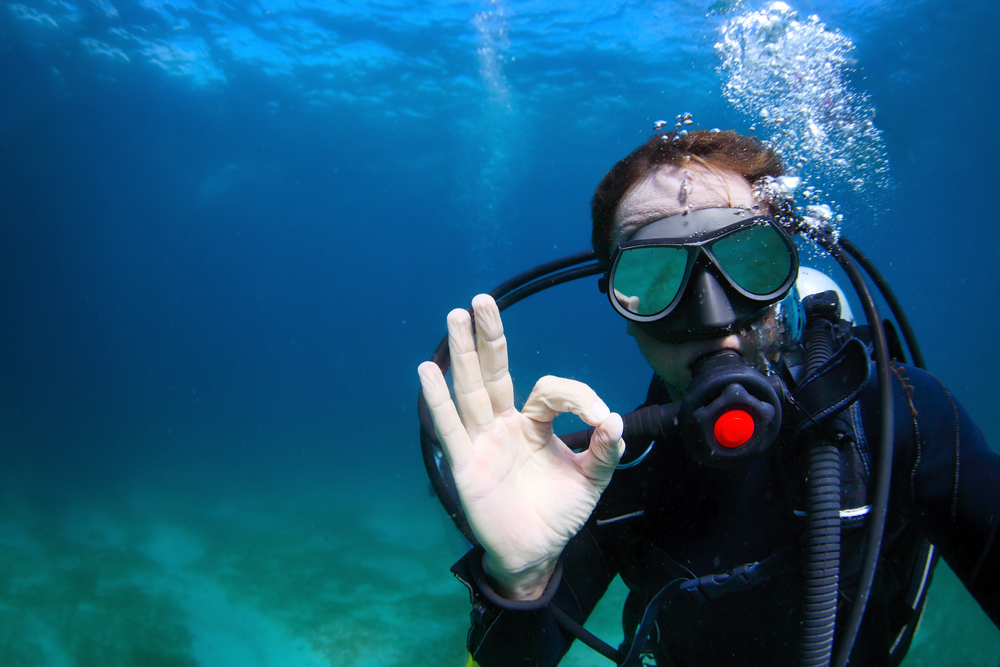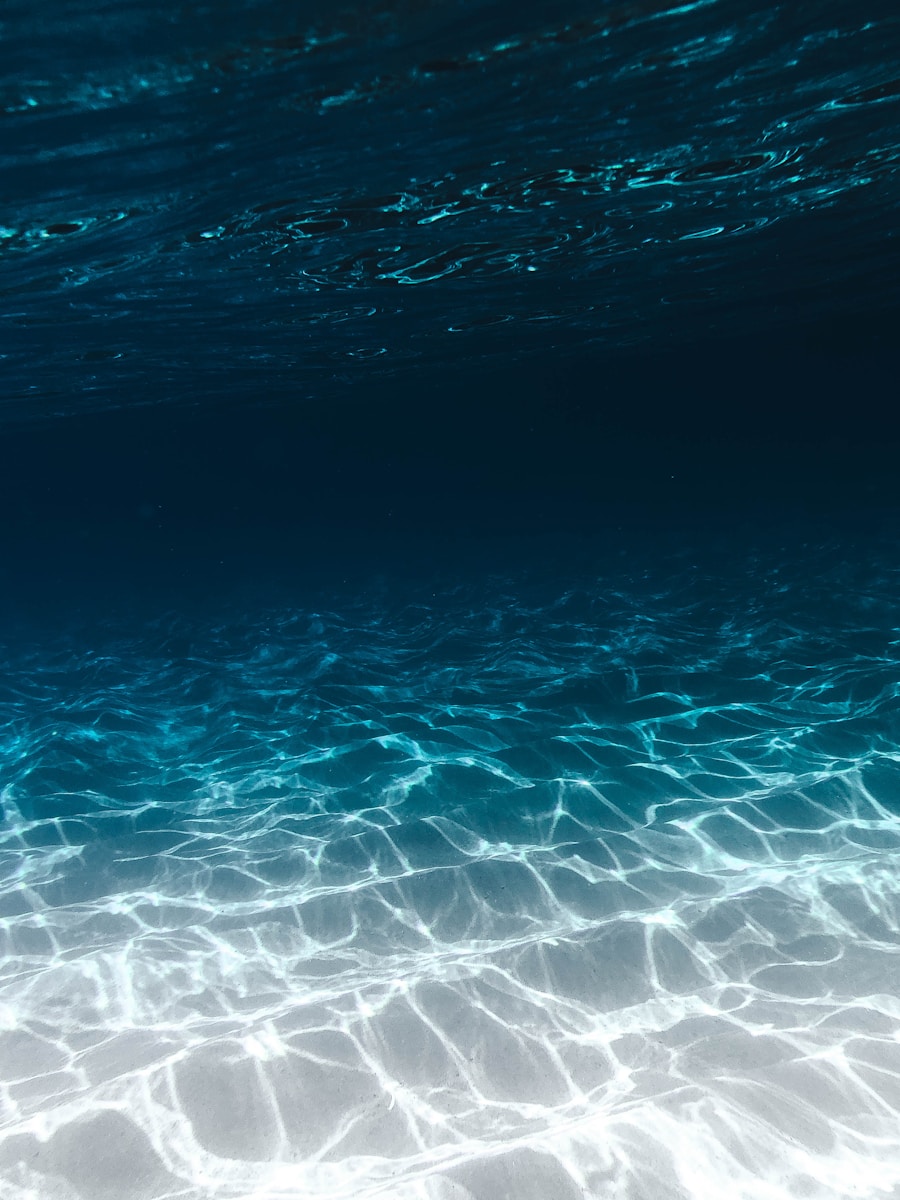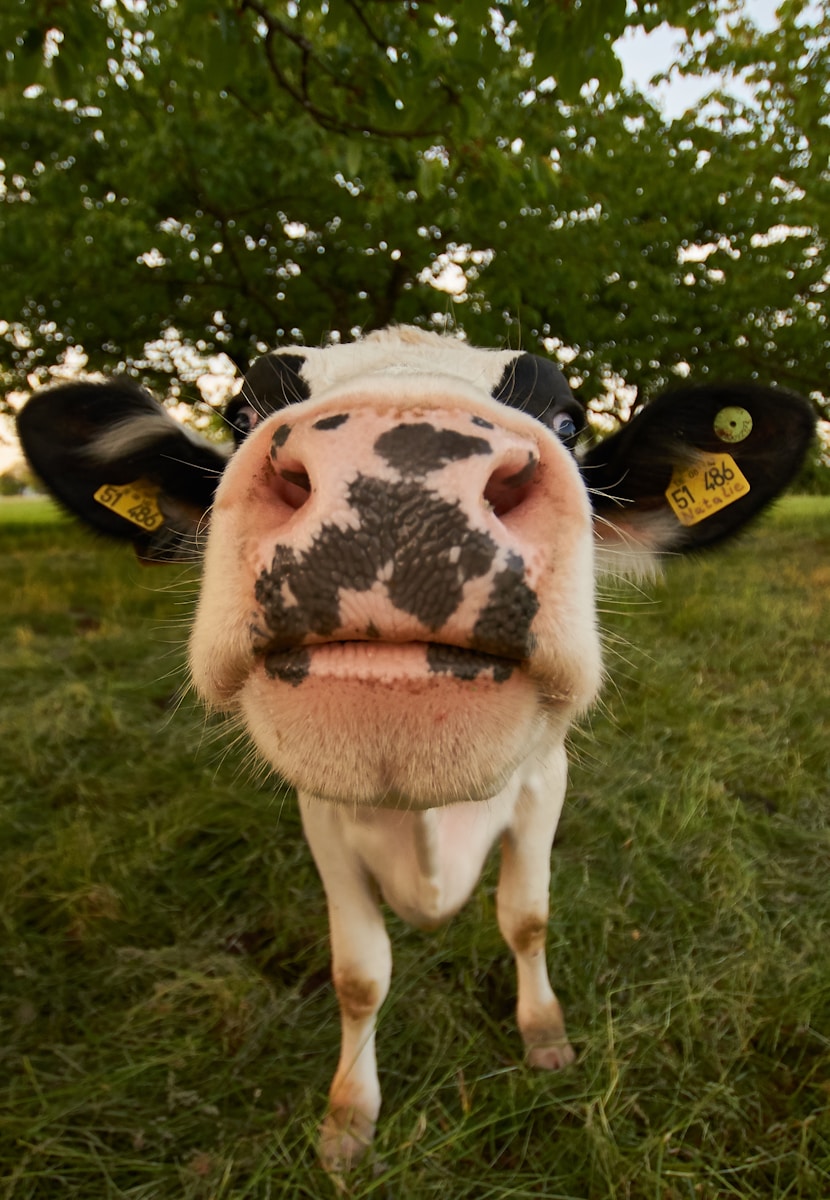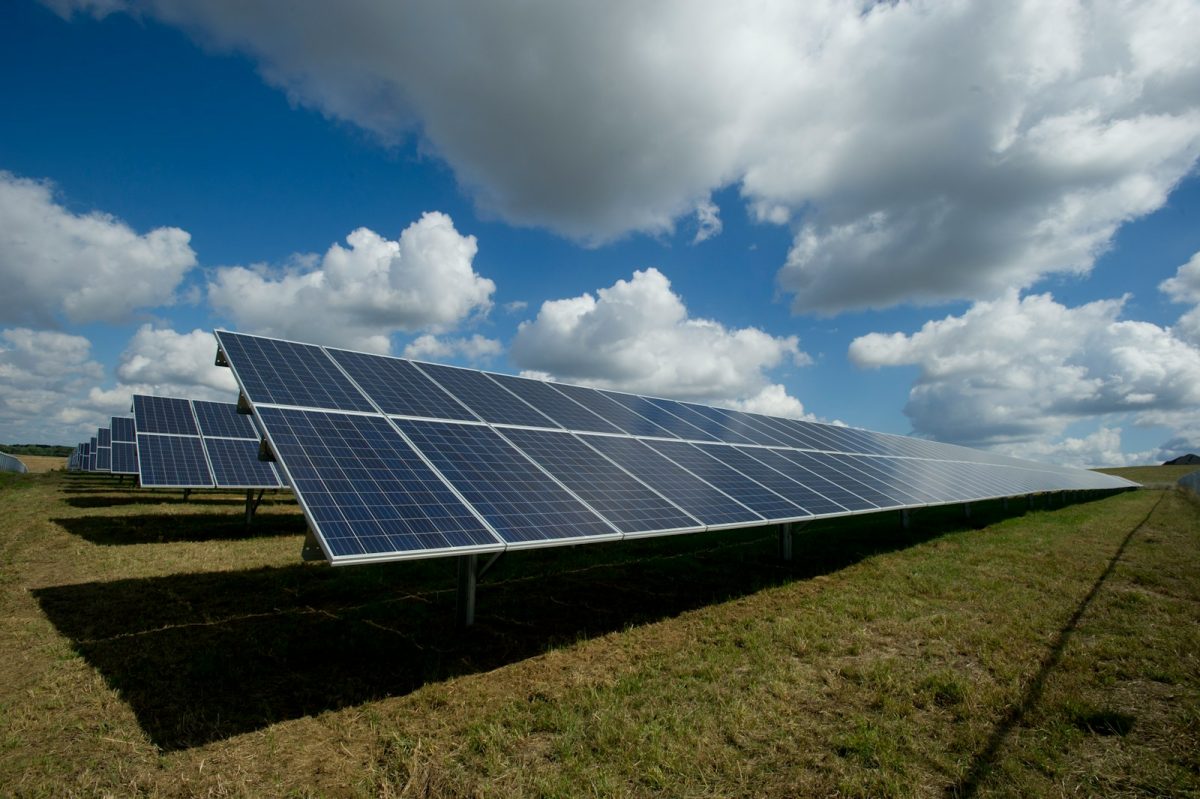When we recycle a plastic water bottle, the common belief is that it will soon be sent to facility with an assortment of other “recyclable items,” where it will be made into another item and the cycle will start again. Most people feel good about this, thinking that they are playing a role in preventing the worsening of global warming, but what if they’re mistaken?
To understand what is actually happening during this process, we have to take a look at what a plastic bottle is made of. The plastic itself was formed when oil and gas molecules where bonded together through chemical processes, resulting in the creation of monomers. Monomers are then bonded to make longer polymer chains, and as a result, tiny pellets of plastic known as “nurdles” are created. Then, these microplastics are melted and molded into the water bottles that we drink out of and proceed to recycle. However, the recycling process is quite different than the simple creation of plastics.
This time, when the bottle is sent to the factory, the bottle is packed into a cube with other bottles of similar plastic, and is then crushed to make nurdles once again. Here’s where the problems start: plastic is not biodegradable, meaning it can’t really be recycled, just broken into really minuscule bits. Then, these nurdles are shipped to large manufacturing countries where they can be turned into bottles once again, but along the way, some of these nurdles are swept away by the ocean, where they will meet their sad fate of contributing to the Great Pacific Garbage Patch or another trash filled ocean gyre. Sure, this is better than the whole bottle being thrown away into the dumpster where it can ruin ecosystems due to watersheds, but even a small microplastic can play a harmful role over time.
So, what’s the solution? Avoid using plastic in the first place!
Related Stories:
https://www.nurdlehunt.org.uk/the-problem.html
https://www.5gyres.org/truth-about-recycling
https://oceanservice.noaa.gov/podcast/jan20/nurdle-patrol.html
Take Action:
